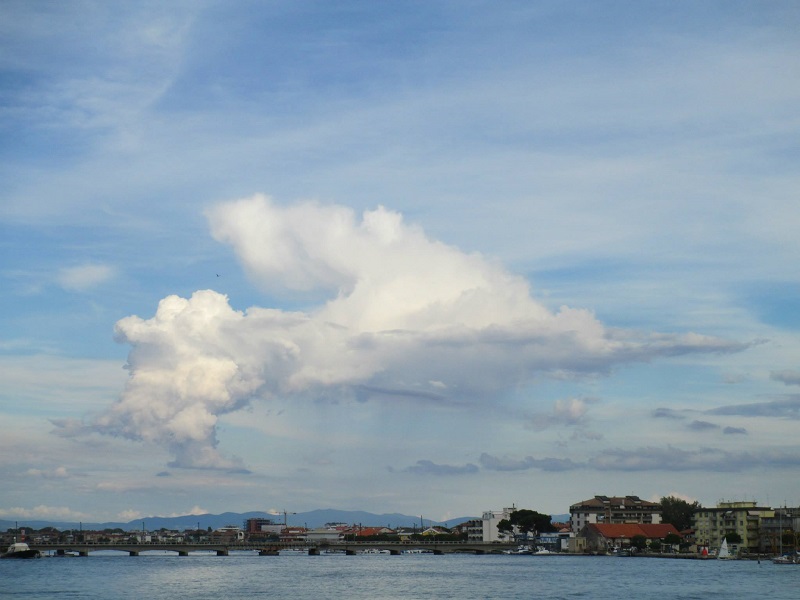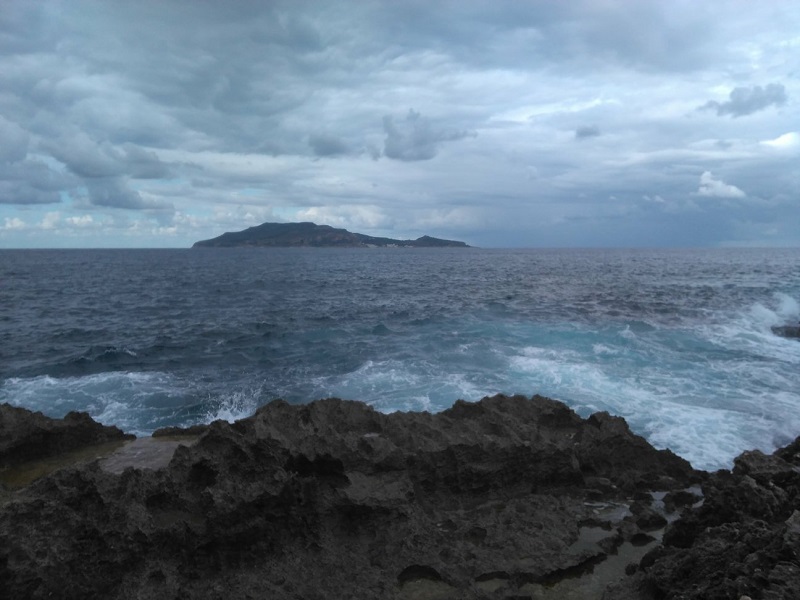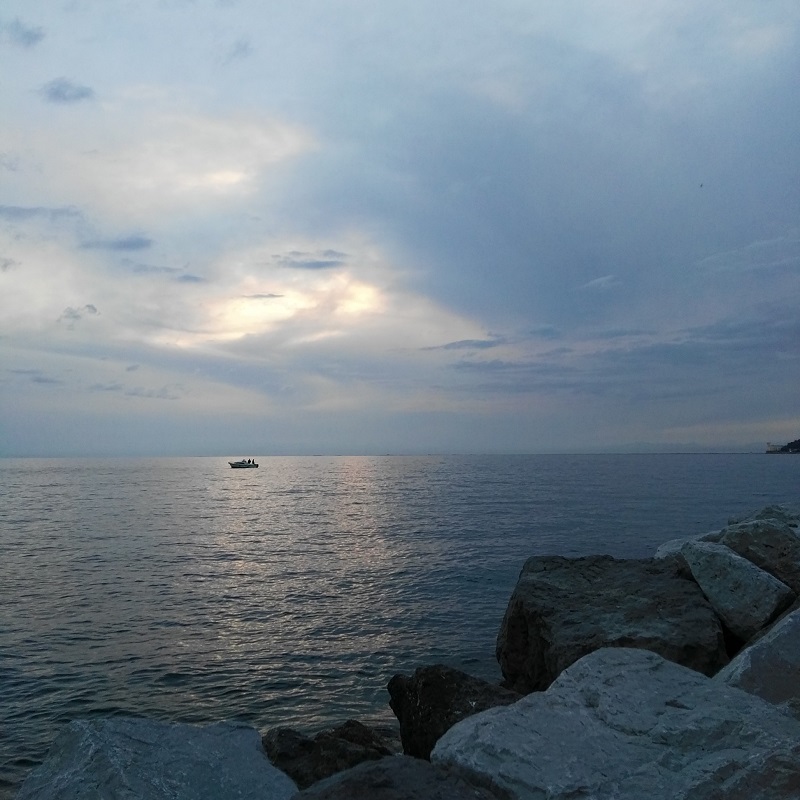 For the better part of 30 years, my head was firmly stuck in English. But when I moved to Italy three years ago, I also started my first genuine effort at picking up a second language.
For the better part of 30 years, my head was firmly stuck in English. But when I moved to Italy three years ago, I also started my first genuine effort at picking up a second language.
My barely remembered high school Spanish prepared me for some things about Italian, like the gendered nouns and overwhelming conjugations. But the most difficult lesson was a basic one: Definitions of words just don’t line up into easy translations across languages.
Meanings can shift into false-friend territory. For example, if I want to tell someone not to worry, sometimes I dig up the word “fret” from the English in my head and I tell them not to have “fretta”. Only later do I remember that “fretta” in Italian actually means hurry.
Words also don’t always exist in the same form, such as “need.” There is no common verb for “need” in Italian. It’s just the noun: bisogno. So I have to think “I have need of” in English and then say “Ho bisogno di” in Italian. And then, only if I want to be kind of rude.
But most maddeningly, definitions can expand and contract in ways that don’t seem natural to an English-stuck brain. Of those, there was one word I struggled with in particular: Bello.
Bello and variations like “bella” and “bel” mean beautiful. Learning the word was simple. The problem was how it rolled off Italian tongues with an ease that startled me. Bello is the Italian go-to word for everything from beautiful, to pretty, to handsome, to pleasant, to wonderful, to cool, to nice, to neat.
So it sounded to me like Italians thought everything good was also beautiful. The sunset is bello. This car is bella. That dog is bello. Your jacket is bella. Someone might call you bello or bella, and depending on the context that could mean they’re either happy to see you or hitting on you.
I just couldn’t handle it. I needed an English word that was somewhere between beautiful and cool that I could transfigure into bello in my head before letting it out my mouth. I wound up settling on “lovely” as something with similar flexibility. Emotional yet gentle, it’s a word I’ve since come to appreciate, and it has crept into my casual English. We could all stand to be a little more lovely.
But over time I started to think that the Italian use of bello was more than just a linguistic quirk. What if it’s a fixation on beauty itself? Just maybe, to Italians, everything good is also beautiful.
 I first started thinking there might be something more to bello after reading Erik Vance’s post on the words that capture a culture’s core values. Beauty admittedly sounds more superficial than ideas like freedom, community and respect, which Erik connects to those values. Though it’s certainly central to Italian culture.
I first started thinking there might be something more to bello after reading Erik Vance’s post on the words that capture a culture’s core values. Beauty admittedly sounds more superficial than ideas like freedom, community and respect, which Erik connects to those values. Though it’s certainly central to Italian culture.
Most notably, Italians have a saying for their own obsession with good appearances: “la bella figura”, or the beautiful figure. It applies across genders, and represents a sort of code of conduct that you must always be ready to make a good impression. You see it in the fashionable sunglasses and the hairdos so thoroughly styled they look like feats of engineering. But it also extends to perfect-looking pastries and even insistent displays of generosity (because if you’re generous, you must also be financially secure). La bella figura is such a deeply ingrained part of the mindset here that it even birthed a countermovement: Club dei Brutti, or the World Association of Ugly People. They argue, basically, that unattractive people face unfair discrimination, especially in Italy. They even hold a yearly ugliness festival.
There are other ways bello works its way into Italian life. Say you have a disastrous situation on your hands. An Italian may call that “un bel problema” or “A beautiful problem.” It’s pure sarcasm, a sort of equivalent of throwing your hands up in exasperation and sighing, “Just… beautiful.”
But I’d argue that there’s a brighter, deeper side to the beauty fixation. I think it extends into a broader Italian appreciation for life in the moment. Think of it as trying to live a beautiful life. La bella vita.
Italy itself happens to be a gorgeous chunk of land. It’s an enormous peninsula lined with cliffs and beaches and textured with hills. The cities and villages here are old, sitting wherever civilization happened to nestle itself into the landscape dozens of generations ago. And most people are never that far from at least one bello shoreline or mountain.
Every summer, in my adopted city of Trieste, thousands of Italians head to a stony seaside called Barcola to stretch out on beach blankets. They lie there, taking in scenery rich with every shade of blue imaginable. On the hottest days they absolutely cover the walkways, eating and drinking and chatting and basking in the sunshine like happy lizards.
Incidentally, there’s a term for that too: dolce far niente, the sweetness of doing nothing. And Barcola is a vast display of that sweetness’s allure. Many of them are out there all day long. More return day after day. It’s not leisure time. It’s a lifestyle.
 If your core value is a love for beauty, then you have to crave the beautiful things around you. To satisfy that craving you have to experience life open to what is happening around you, right now. And Italians are good at that — living life in the moment. Americans? Not so much. We always seem to have our heads stuck in how things are supposed to be, rushing toward an imagined future that may never be a part of actual life. It may keep us on time, but it rarely keeps us satisfied.
If your core value is a love for beauty, then you have to crave the beautiful things around you. To satisfy that craving you have to experience life open to what is happening around you, right now. And Italians are good at that — living life in the moment. Americans? Not so much. We always seem to have our heads stuck in how things are supposed to be, rushing toward an imagined future that may never be a part of actual life. It may keep us on time, but it rarely keeps us satisfied.
I like to think that Italy has impressed on me the importance of recognizing the beauty before my eyes. I can’t live here and ignore my surroundings, and appreciating my surroundings makes me feel more thankful for the life I have. It frees me to bask in the light of a beautiful world around me, even if I might sometimes resemble a lizard in the sun.
—
Sean Treacy is a science writer from New York State who now lives in Trieste, Italy. His last post for LWON was about how wine grapes could grow in the wonky seasons of Westeros. He thinks about Italian a lot. Sometimes he tweets about it.
Photos by author. They are of Italian shorelines at Grado, Favignana and Barcola.
One thought on “Guest Post: When Everything Good Is Also Beautiful”
Comments are closed.